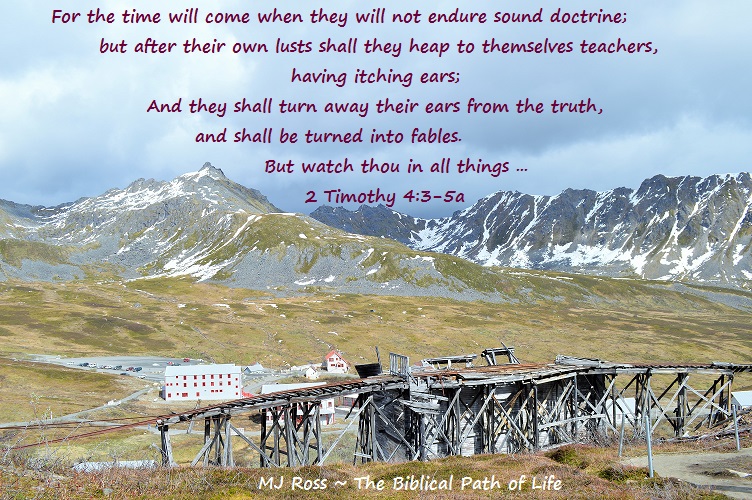
1 Corinthians 10:11
After reading 1 Corinthians 10:11, one can understand that God’s Word was written for us. In the Bible, we find examples of how we are to live our lives and to show us a picture of God’s plan. We are to learn from what is written in His Word. Each Bible “story” we have learned through the years is just a piece of the “puzzle” to complete the picture of God’s plan. History may appear boring, but we must understand how fascinating, and especially important, it is to be in our lives.
Because the history found in the Bible is so important, we should desire to know that history – just like Peter, Stephen, and Paul knew it. We are to understand that history is there to help us better understand and know Jesus. The more we read in God’s Word, the more we begin to understand that God had a plan. In the Old Testament, men didn’t fully understand what that plan was, but through faith they believed. In the New Testament, God’s plan was revealed through His Son, Jesus. Men still didn’t understand until Jesus died, resurrected and ascended into heaven. But once they understood, they could not keep silent. They shared what they learned with others so they could know of God’s wonderful plan as well.
After Jesus ascended back into heaven with the promise to return, Peter preached the Old Testament history. He had a new understanding of who Jesus was ,why He had come, and that He would return one day. And what an amazing response he received! Three thousand believed! And when he preached again shortly thereafter, five thousand believed!
But there was another man named Stephen who preached the same history, and he found a very different response to his message. The religious leaders stoned him to death. There was one specific young man who consented to Stephen’s death. His name was Saul. His initial response to the Gospel message of Jesus was to seek out anyone who believed in Jesus and imprison or even kill them.
He made a special trip to find anyone, man or woman, who believed in Jesus. But on his way, he met Jesus. There was quite a transformation in his life. Instead of wanting to kill those who believed in Jesus, Saul (later called Paul) became a mighty preacher, and teacher, of the history revealing Jesus.
Each of these men came to the understanding that all of the Old Testament teachings were just pieces of a great picture. As they began to contemplate the truths they had learned, they realized that they revealed the picture of God’s plan to send Jesus into the world to take away their sin – if they would only believe and receive Him.
Have you ever worked on a puzzle? Each piece is only part of a greater picture. The picture is not complete without all of the pieces. You could guess what the picture was going to be, but you wouldn’t completely know without the final pieces. Once you put all of the pieces together, you can see that greater picture. But when you are missing a piece, the picture is incomplete. This is much like knowing some of the events of the Old Testament and missing pieces of it. You cannot see the complete picture without reading and learning all of the events in that Old Testament text. Throughout history, people would try to understand what God was showing them. They trusted that He held all of the pieces and would fit them into place in His own time. Once Jesus came, many understood that all of the Old Testament was recorded for us to understand God’s plan to send His Son, Jesus, into the world to redeem a sinful people back to Himself. He wants us to understand this plan so that we will know just how important it is to place our lives into God’s hand by trusting in Jesus.
Do you enjoy doing a puzzle that doesn’t have all of the pieces?
Have you ever been so excited about Jesus that you shared with others what you have learned so they could know of God’s wonderful plan as well?
Previously published at: Lighthouse Gospel Beacon




